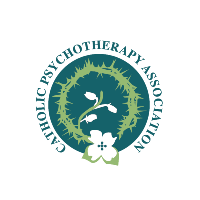Post-modernism presents many challenges to us and our clients—skepticism, subjectivism, and relativism. Post-modernism subscribes to a philosophy of make-up-your-own-reality rather than a discover-it view of reality (natural law). A series of divorces serves as the foundation for this view. I will suggest that this thinking is primarily based on trauma that has triggered fear and a search for certainty, resulting in chaos or rigidity that often only leads to anxiety and depression. I will provide a practical map that outlines the divorces and their personal and cultural consequences. I will explore several fundamental psychological and theological movements of life that when disrupted create problems and require restoration. And finally, I will offer a pastoral model of the soul to integrate the cognitive, affective, and behavioral techniques and their potential timing.
3 Objected to be Learned During this Presentation.
- To explore several foundational philosophical, theological, and psychological divorces that create many of our personal and cultural problems, and to offer thoughts on healing them. Examples include: goodness from fatherhood, body from soul, sex from marriage, gender from biology.
- To identify the fundamental psychological and theological movements of life that when disrupted create problems and need to be repaired for health: giving and receiving love (John Paul II—the Law of the Gift, Vatican II), love and fear (Scripture, Porges), unity in diversity, a.k.a. making a place for the other as other, or empathy (Seigel); and order and chaos (Seigel); and to be able to pastorally diagnose and identify interventions that address these.
- To discover the diagnostic and prescriptive utility of a pastoral model of the soul—head, heart, and hands (cognitive, emotional, and behavioral)—that integrates our Catholic theology and secular psychological techniques and that suggests the potential timing of these techniques.
This program does not qualify for NBCC credits
